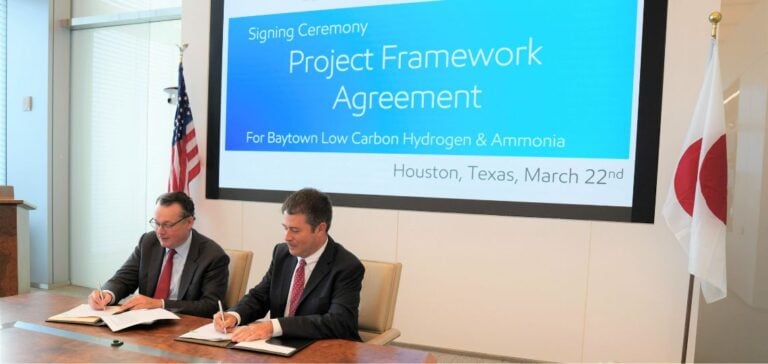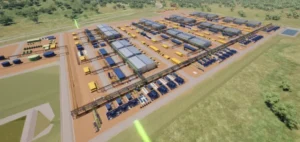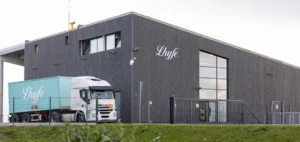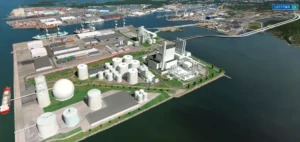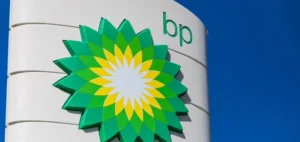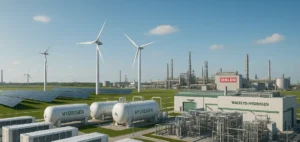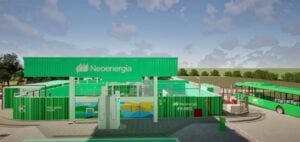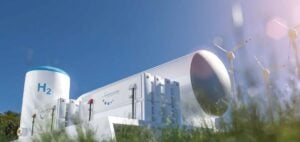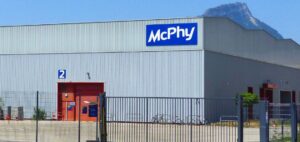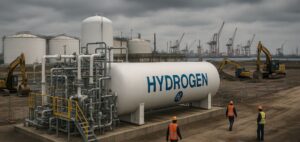Japan’s JERA has signed an agreement with ExxonMobil to jointly explore the development of alow-carbon hydrogen andammonia production project in the United States. The project is based east of Houston, at the Baytown complex in Texas, the location chosen by ExxonMobil to develop what is expected to be the world’s largest low-carbon hydrogen production plant. The plant is expected to produce around 900,000 tonnes of low-carbon hydrogen and over one million tonnes of low-carbon ammonia per year, with a production start-up target of 2028.
Terms of agreement
The agreement between JERA and ExxonMobil covers several key aspects of their collaboration. Firstly, it envisages JERA’s ownership stake in the project. Secondly, it provides for the acquisition by JERA of around 500,000 tonnes per year of low-carbon ammonia produced by the project, to meet demand in Japan.
Impact on the energy transition
The collaboration between JERA and ExxonMobil is seen as essential to building sustainable supply chains for ammonia, hydrogen, and other key products for zero-emission thermal energy. “Cooperation between leading companies is essential to establish supply chains for ammonia, hydrogen, and other products that are key to zero-emission thermal energy,” said Steven Winn, JERA’s Senior Managing Executive Officer and Chief Global Strategist.
Specific contributions from partners
For ExxonMobil, the emphasis is on investment in carbon capture and storage (CCS) and hydrogen. “Building large-scale projects for new markets requires supply, demand and regulation to come together in sync,” explained Dan Ammann, president of ExxonMobil Low Carbon Solutions. This agreement is seen as an important catalyst for the advancement of the hydrogen economy.
In 2020, JERA established the JERA Zero CO2 Emissions 2050 target, aiming to achieve zero net CO2 emissions from its domestic and foreign operations by 2050. The collaboration with ExxonMobil is part of this vision, seeking to build and extend low-carbon hydrogen and ammonia supply chains.

